Nowadays, kidney-related diseases are increasingly appearing, causing anxiety for patients. Among them, there are some unusual signs of the body suspected of having kidney disease that each person can recognize early, from there go to a medical facility for timely examination.
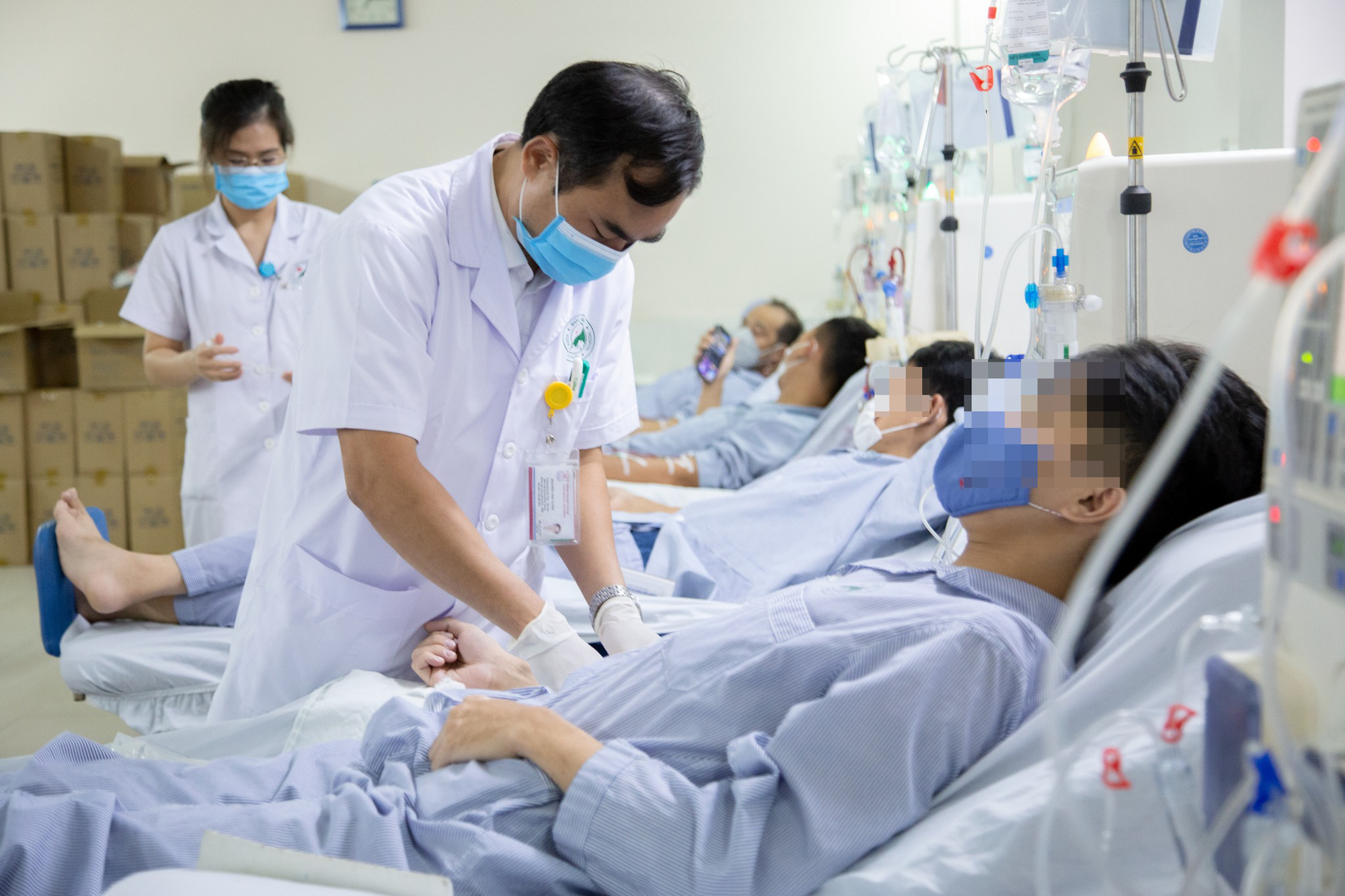
Chronic kidney failure patients on dialysis at Duc Giang General Hospital - Photo: BVCC
Signs of kidney disease through pain
According to Dr. Nguyen Thi Thuy - Deputy Head of the Department of Dialysis and Kidney Diseases, Viet Duc Hospital, the kidney is considered a factory that filters and processes toxins for the body.
The main function of the kidneys is to produce and excrete urine, helping to remove toxins from the blood and stabilize the concentration of substances in the circulatory system. Not to mention, the kidneys also participate in a number of endocrine activities, affecting the process of blood and bone formation and stabilizing blood pressure.
Kidney disease is a general term used to describe conditions in which the kidneys are damaged or cannot filter blood normally.
Pain in kidney-urinary diseases is often caused by increased pressure in the upper urinary tract due to obstruction (urinary stones), or by urine refluxing from the bladder to the ureter. Or by inflammation around the kidney, kidney abscess, pyonephrosis; damage to the bladder, urethra, and prostate.
Some unusual signs of the body that are suspected of kidney disease that people need to pay attention to
- Renal colic : Is a manifestation of acute increase in pressure in the urinary tract above the obstruction. The cause is mostly due to ureteral stones, however, obstruction can be caused by blood clots.
- Pain in the flank : Usually a manifestation of hydronephrosis, pus retention, renal pelvis stones, pyelonephritis, and perirenal inflammation.
- Pain in the lumbar region accompanied by high fever, chills, increased white blood cells in the blood , leukocyturia, and proteinuria are often signs of acute pyelonephritis or perirenal inflammation.
- Bladder pain: This is a common symptom and is often accompanied by frequent urination and painful urination, a sign of cystitis or bladder irritation due to stones or foreign objects.
- Prostate pain : Pain in many areas around the anus, spreading to the urethra and both inner thighs. Pain is often accompanied by hesitancy, dribbling, difficulty urinating, and a small stream. Rectal examination, pressing on the prostate increases the pain, sometimes sharp pain. Caused by tumor or inflammation, prostate abscess.
- Testicular and epididymal pain : Testicular inflammation or torsion causes acute pain, spreading to both sides of the pelvis and lower abdomen. Examination reveals painful swelling of the testicles and epididymis, and edema of the scrotum. May be accompanied by painful urination and frequent urination if combined with cystitis.
Systemic signs of suspected kidney disease
According to Dr. Thuy, people with kidney disease often have symptoms of fatigue and physical weakness. Severely impaired kidney function leads to the accumulation of toxins and impurities in the blood. This causes the amount of oxygen and nutrients in red blood cells to decrease, and people with kidney disease often have anemia, making the body tired.
Difficulty sleeping : When the kidney's filtering and excretion function is not normal, toxins will accumulate in the blood instead of being removed from the body through urine, which is also one of the reasons why patients have difficulty sleeping.
Dry and itchy skin : When the kidneys lose their ability to maintain the balance of minerals and nutrients in the blood, a variety of bone and mineral-related disorders can develop, causing itchy or dry skin.
Anorexia, nausea : when the kidneys fail, toxins increase, the patient feels anorexia, nausea, bad breath, and discomfort.
Signs of anemia associated with chronic kidney disease causing kidney failure
The signs are easily recognizable such as the patient has pale, ashen skin, especially if the anemia is severe, there may be shortness of breath, dizziness, lightheadedness, limited mobility due to fatigue...
Hypertension, when there is hypertension, it needs to be well controlled and monitored periodically to detect complications, including kidney complications...
To get an accurate conclusion, you need to go to a specialized medical facility for examination and testing, from which doctors and medical experts will assess kidney function, diagnose the disease and provide appropriate treatment.
Proactive disease prevention
According to doctors, to maintain kidney function and prevent kidney diseases, you need to drink enough water, exercise regularly, maintain a healthy weight, and avoid being overweight or obese.
Control blood sugar, monitor blood pressure. Limit alcohol consumption and stop smoking. Be careful when using non-prescription drugs. Also check kidney function, have regular health check-ups for early detection and treatment.
Source: https://tuoitre.vn/con-dau-do-mac-benh-than-tiet-nieu-bieu-hien-ra-sao-2025011417243844.htm








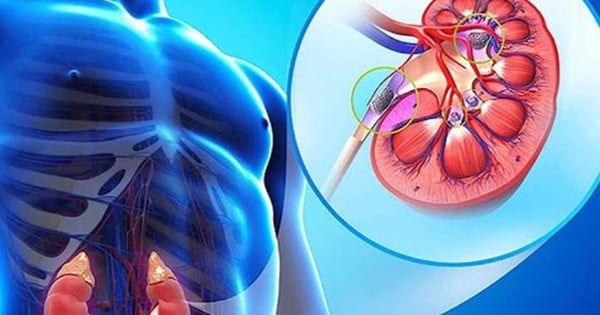



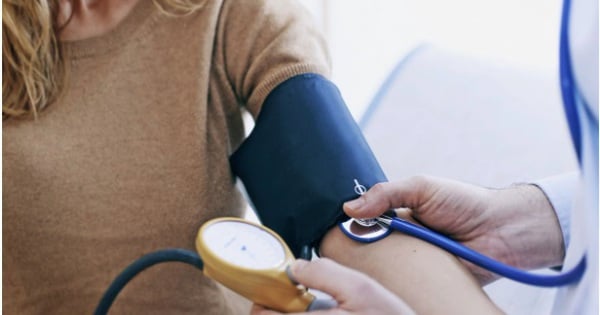
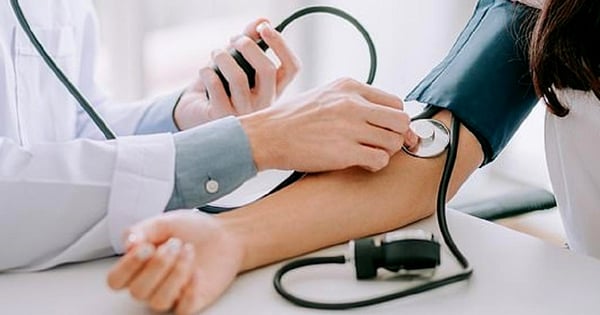

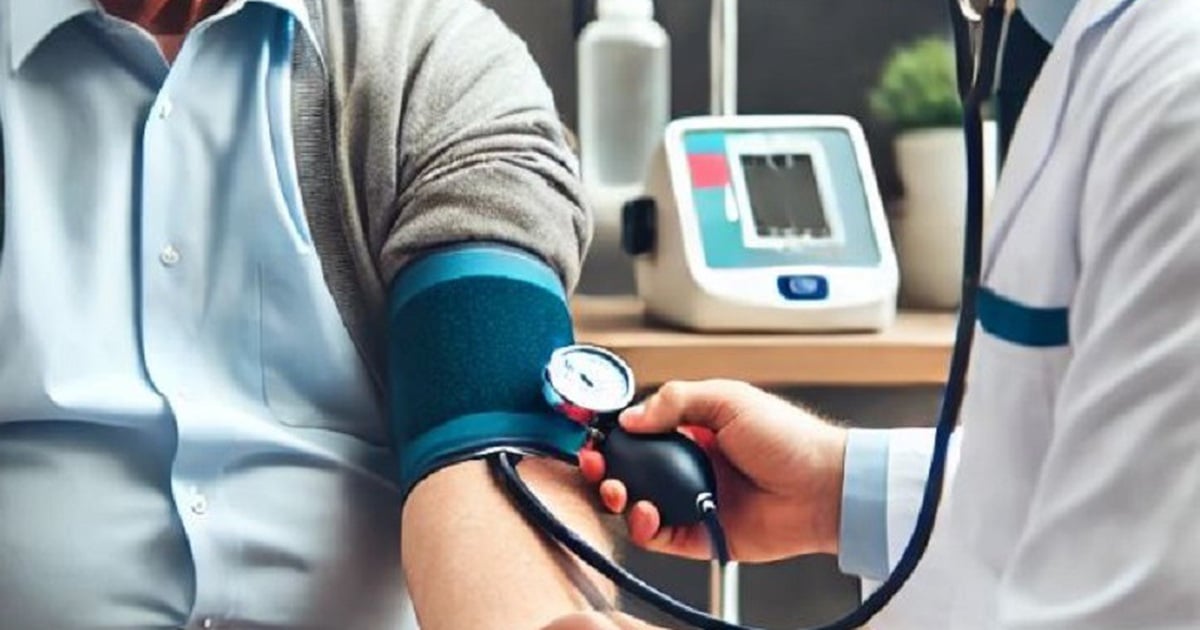


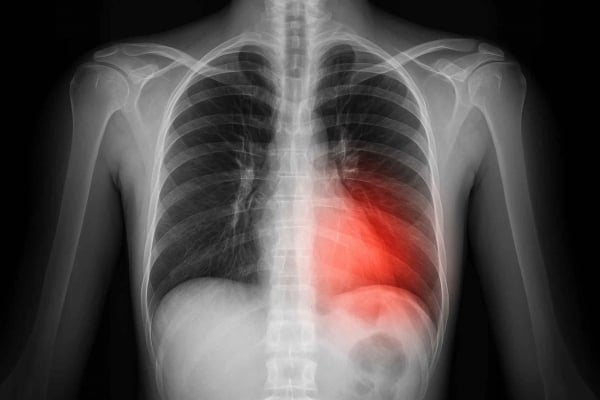
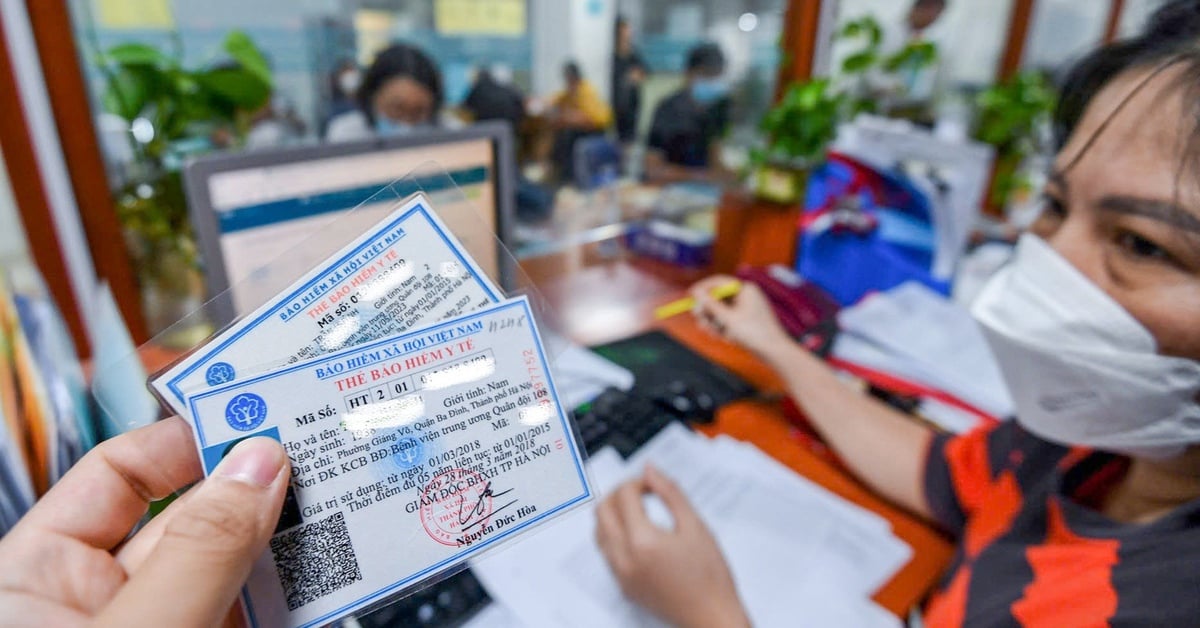

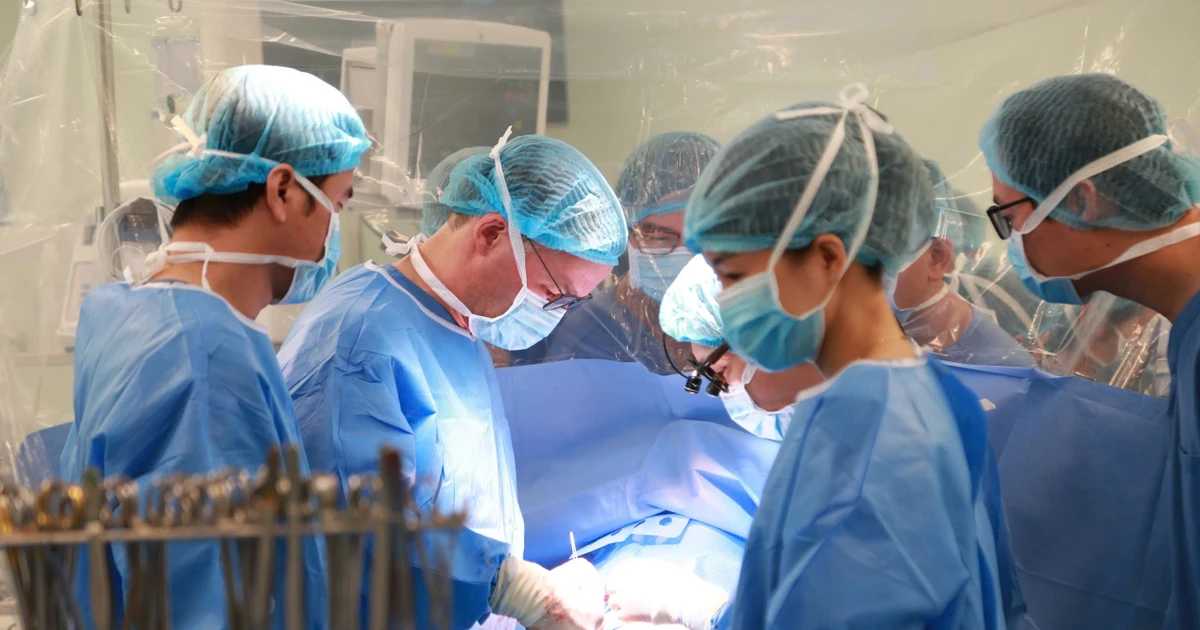
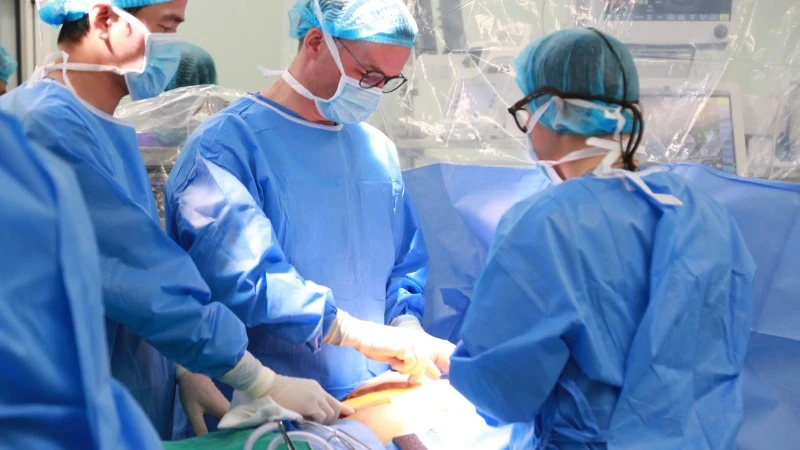








![[Photo] "Beauties" participate in the parade rehearsal at Bien Hoa airport](https://vstatic.vietnam.vn/vietnam/resource/IMAGE/2025/4/11/155502af3384431e918de0e2e585d13a)









































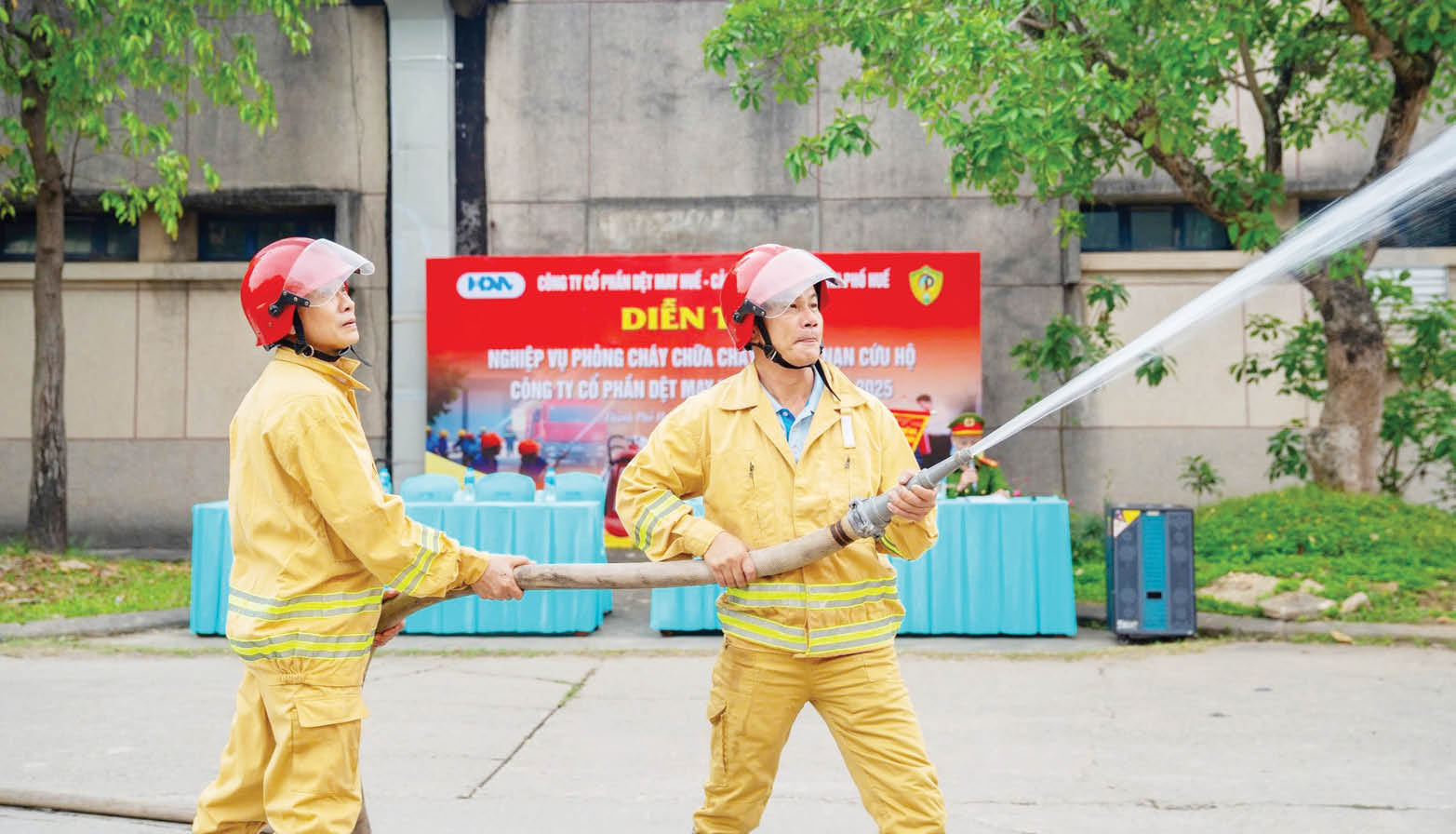




















Comment (0)